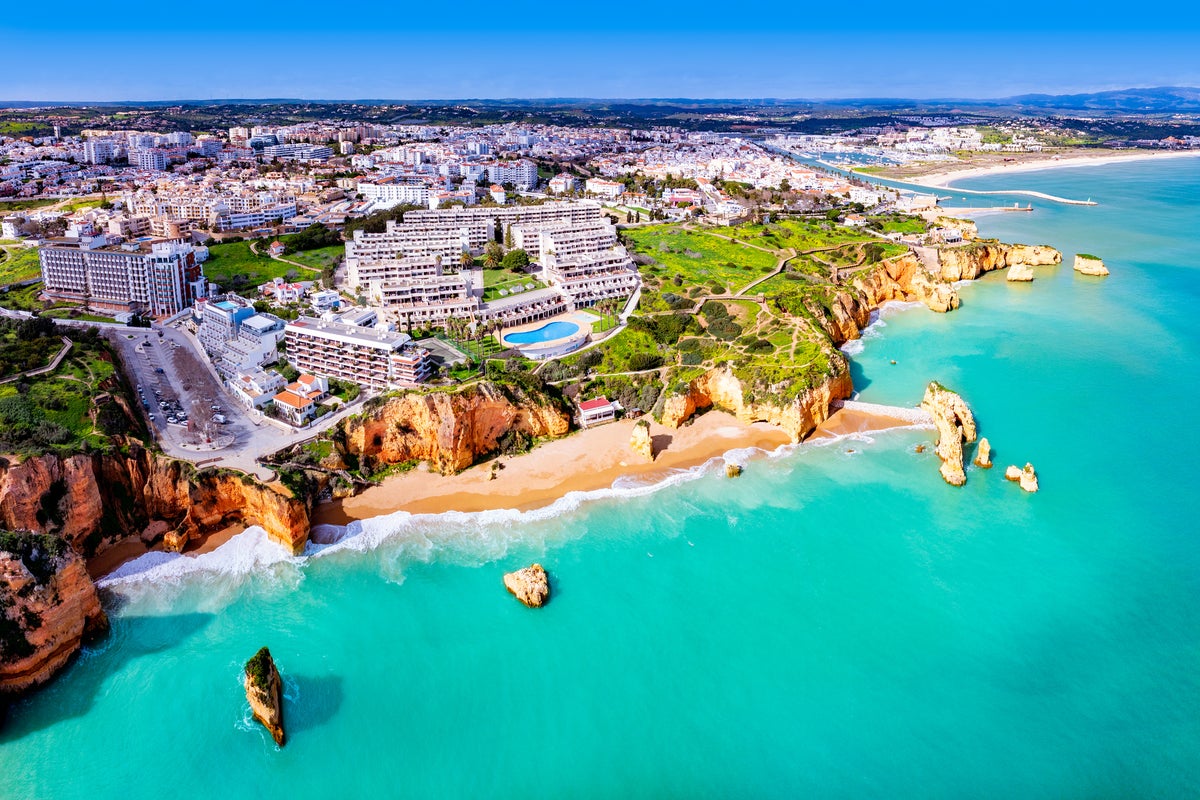The places Americans are keenest to migrate to have been revealed – and the country that tops the rankings is a bit unexpected.
Portugal finished No. 1 in the ranking by Expatsi, a firm that helps Americans move abroad, compiled by customers taking the “Expatsi Test”, which matches users to countries.
Roughly 13,000 people who took the test shared their country preferences, with Portugal the nation named the most.
Separately, firm Millionaire Migrant, which also helps Americans migrate, told The Independent that “the majority of American remote workers are heading to Europe, with 60 percent of Europe-focused clients preferring to base their workplace in Portugal”.
The rest of the Expatsi ranking of most popular countries for Americans to move to comprises Spain (second), Italy (third), Canada (fourth), Mexico (fifth), Costa Rica (sixth), New Zealand (seventh), Australia (eighth), Thailand (ninth) and Greece (tenth).
There are several visas available for Americans moving to Portugal.
The D2, or “Immigrant Entrepreneur Visa”, is for those who wish to start a business there. The D7, the most popular, requires about $1,000 per month in passive income (such as pensions or rental income). Alternatively, there’s the D8, also known as the “Digital Nomad Visa”, which requires a monthly income of approximately $4,000.
All three have various benefits, but all offer a legal pathway to residency in Portugal and freedom of movement around the European Union.
Americans keen on relocating to Spain (ranked No. 2) can apply for the Spanish Digital Nomad Visa.
The country has recently made it possible for both W-2 employees and 1099 contractors to apply for this visa, which is initially granted for one year and puts holders on the road to residency and gives them the right to roam Europe visa-free.
Italy (ranked No. 3) also offers a Digital Nomad Visa, which provides the benefit of visa-free travel throughout Europe. Plus, holders can apply for permanent residency after five years and citizenship after ten.
Canada (No. 4) allows Americans to work remotely as tourists, while Mexico’s (No. 5) Temporary Resident Visa for American remote workers allows for stays of four years and eliminates the need for “visa runs”, where holders must leave the country every six months to renew their legal status.
It also leads to eligibility to apply for a Permanent Resident Visa, which provides the right to live in Mexico indefinitely.
Costa Rica (No. 6) also offers a digital nomad visa, which is referred to as the “Remote Workers and Service Providers” visa.
Applicants must demonstrate a stable monthly income of at least $3,000, with benefits that include tax exemption, the elimination of the need for “visa runs” and the prospect of permanent residency.
New Zealand (No. 7) doesn’t have an official digital nomad visa, but allows visitors to legally work remotely using the NZeTA (New Zealand Electronic Travel Authority). Australia (No. 8) doesn’t have a digital nomad visa either, but does have a Working Holiday Visa for digital nomads under 31 years old that’s valid for a year.
Thailand’s (No. 9) digital nomad visa is called the Destination Thailand Visa. It’s a “workcation” visa that allows the holder to travel in and out of the country for an unlimited number of times over five years and the holder doesn’t need to work for a Thai company.
The Greek (No. 10) digital nomad visa offers a 50 percent tax reduction on Greek income if you stay more than 183 days a year and allows for visa-free travel around Europe.
The 10 most popular countries for Americans to migrate to
- Portugal
- Spain
- Italy
- Canada
- Mexico
- Costa Rica
- New Zealand
- Australia
- Thailand
- Greece

